Ecological conservation is becoming an increasingly important issue in the agenda of local governments, with Qinghai province making it its top priority. Known as China's "water tower", Qinghai's southern part is where the country's three major rivers — the Yellow River, the Yangtze River and the Lancang River — originate. The ecology in the areas where the three rivers originate is critical to the development of not only China but also a number of other countries, as the Lancang River zigzags all the way to Southeast Asia where it's called the Mekong River.
With global warming affecting the source areas of the rivers, damaging the grasslands, shrinking the lakes and threatening some animal species with extinction, the central government decided to take urgent corrective measures. It established the Sanjiangyuan Natural Reserve in 2000(sanjiangyuan means three rivers' source), and upgraded it to a State-level protection area in 2003. And in 2021, it elevated the 123,100-square-kilometer reserve — half the size of Great Britain — to the status of a national park.
According to a senior official of the park, the government has invested 30 billion yuan ($4.12 billion) for conserving the ecology in the Sanjiangyuan area since 2003.
President Xi Jinping has made three inspections to Qinghai since 2012, demonstrating the importance he and the central government attach to the province's development and its ecological conservation. During his most recent visit to Qinghai in June, Xi emphasized the importance of environmental protection and ecological conservation for the whole nation, especially protection of the Sanjiangyuan area proves to be the case.
The government's support and investment for ecological conservation efforts seem to be paying dividends, as the size of the lakes in the area have expanded by more than 100 sq km, and the number of wildlife species and grass and forest cover have greatly increased. A recent report even said that ecological deterioration has been finally contained. I hope this is true.
As a journalist I visited the area to do an investigative story several years ago, so I know how difficult it is to check environmental deterioration in the region. Also, I remember it took us more than six hours to cover 500 km by car from Qinghai's capital Xining to Maduo county where the Yellow River originates.
Once our car climbed above 4,000 meters, the trees vanished and the grass cover thinned on the mountain slopes. When we reached the source of the Yellow River at an altitude of 4,800 m, it was snowing and we had to brave our way up to the spot against strong gusts of wind.
Talking with local Tibetan people, I learned that grazing had largely stopped, and the former herdsmen were now working for the Sanjiangyuan National Park as conservationists. Riding motorcycles, they patrol the reserve, rescue wildlife and check for regulation offenders. Data show about 17,000 families have given up grazing sheep and cattle, with at least one member of each such family employed by the reserve for a salary of more than 20,000 yuan a year.
The former herdsmen and their families have been resettled in newly built houses in nearby towns where they either do farming or are employed in other jobs. When we visited one such family near the Maduo county headquarters, the host, a Tibetan man in his late 60s, apologized for welcoming us with milk tea made with milk powder, and not with fresh milk. But he said he was satisfied with his new life because now his family has a warm house to live in — provided for free by the government — gets to eat fresh vegetables, and his children are employed and grandchildren go to school. His only regret, he said, was that he "could not eat as much mutton and beef as before because they are expensive".
Despite the progress made in protecting the environment, I know that the ecology in Sanjiangyuan, fragile as it is, will take a long time to heal, and that more efforts are needed to ensure China's "water tower" regains its serene nature. And I hope more favorable policies are implemented to enable local people to live a happy life and get as much mutton and beef as they like to eat.









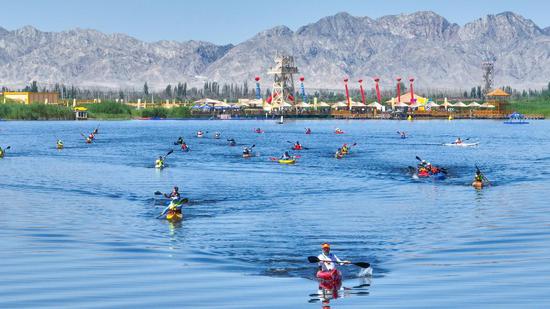
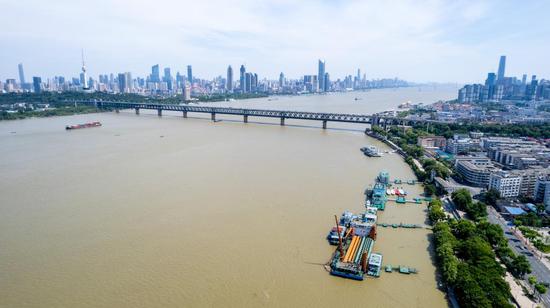
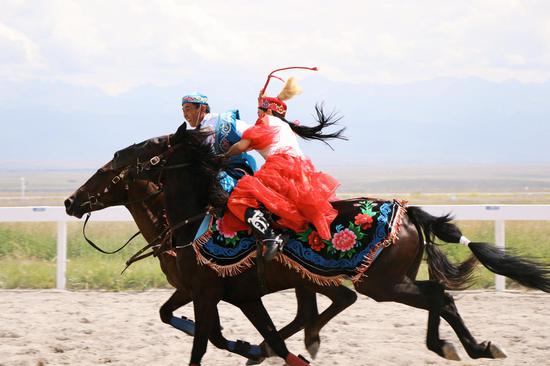

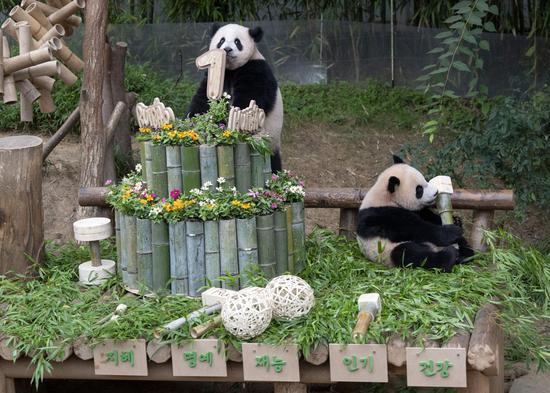

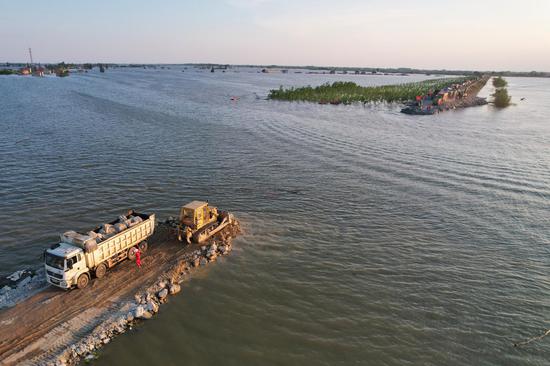


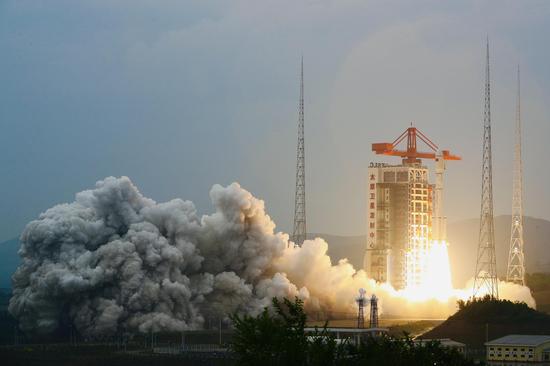






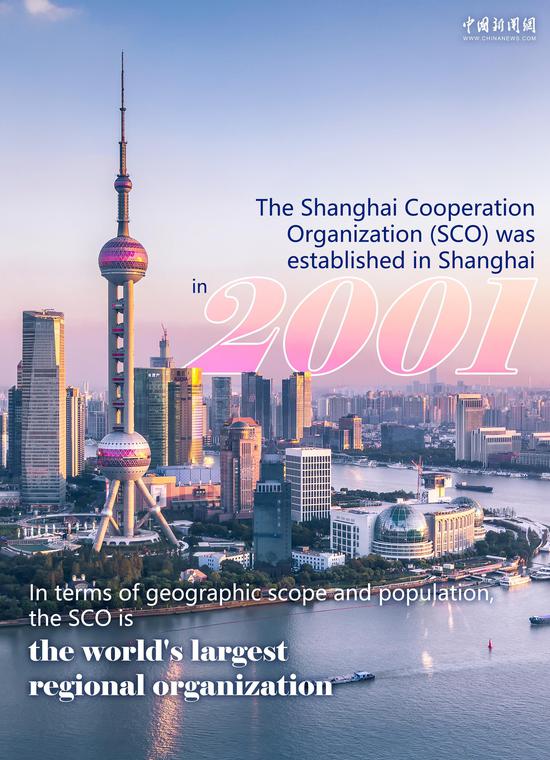



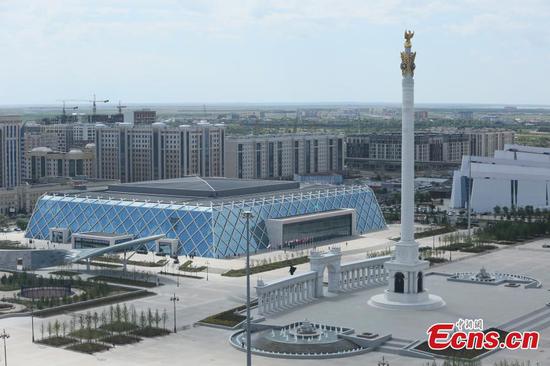





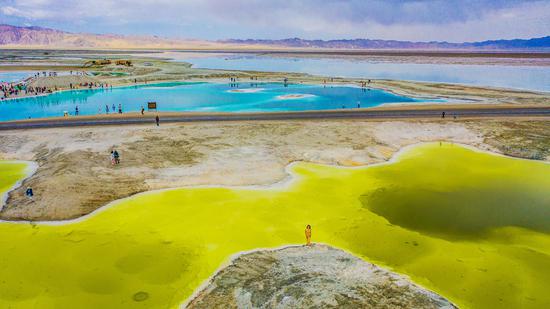



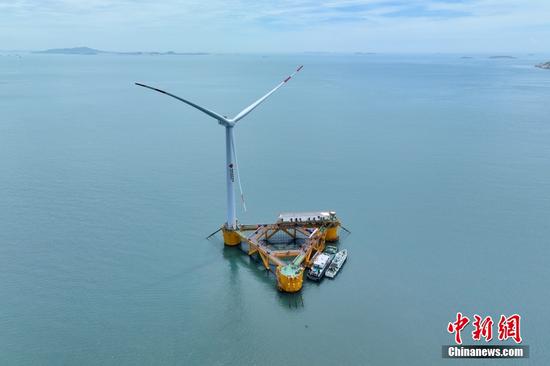

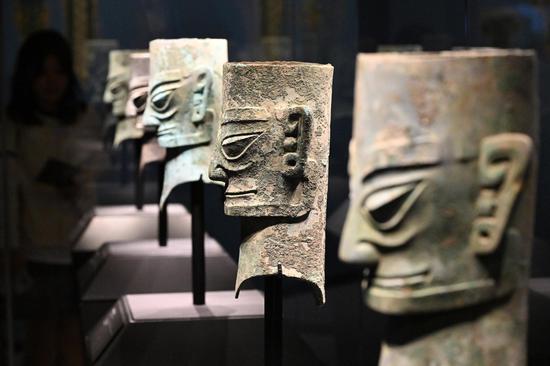
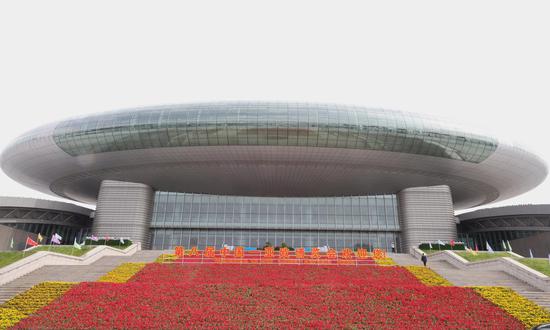
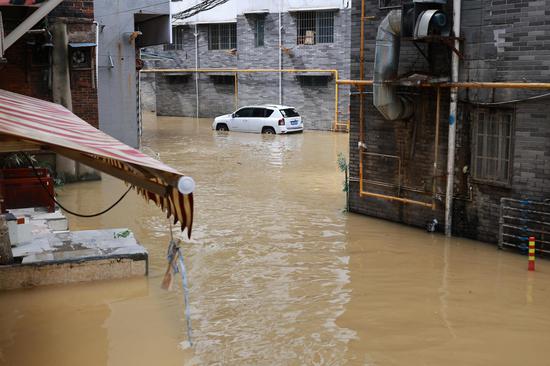
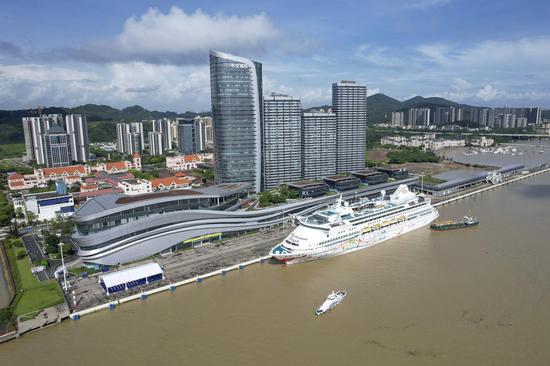





 京公網安備 11010202009201號
京公網安備 11010202009201號